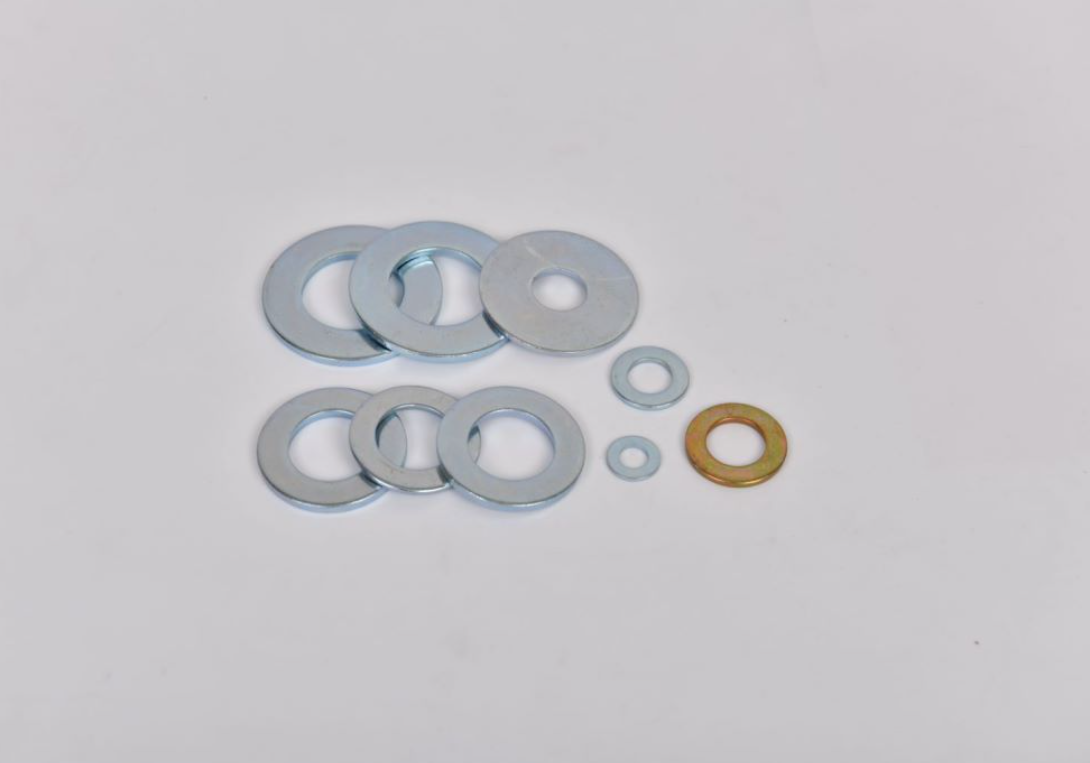Custom 1/4 Flat Washer Specifications and Dimensions for Various Applications
Understanding the Dimensions and Applications of Custom 1/4 Flat Washers
Flat washers are essential components in various mechanical and construction applications. Among the different types of washers, the 1/4 flat washer is particularly common due to its versatility and effectiveness in distributing loads over a larger surface area. This article will explore the dimensions, materials, and applications of custom 1/4 flat washers, as well as considerations for selecting the right washer for your project.
Dimensions of 1/4 Flat Washers
When it comes to flat washers, size matters. The “1/4” in 1/4 flat washer typically refers to the inner diameter of the washer, which is designed to fit snugly around a 1/4-inch bolt or screw. However, flat washers also come with specific outer diameters and thickness measurements that are important for their performance.
Inner Diameter (ID) The ID of a 1/4 flat washer is generally around 0.265 inches, allowing it to fit on the appropriate fastener.
Outer Diameter (OD) The OD can vary depending on the washer's intended use. A common dimension for a 1/4 flat washer might be 1 inch, but in custom applications, this can be tailored to suit specific needs.
Thickness The thickness of a custom flat washer can also vary, typically ranging from 0.032 inches to 0.125 inches, depending on the material and load requirements.
These dimensions are crucial in ensuring that the washer performs its primary functions effectively load distribution and surface protection.
Material Considerations
The choice of material for a flat washer significantly impacts its performance in different environments. Common materials used for 1/4 flat washers include
- Steel Providing high strength and durability, steel washers are often coated with zinc for corrosion resistance. They are commonly used in industrial applications.
- Stainless Steel This material is particularly suited for environments prone to moisture or corrosion, such as marine applications or outdoor installations. Stainless steel washers are more expensive but deliver superior longevity.
- Plastic or Nylon For applications where electrical insulation is essential or light loads are expected, plastic or nylon washers can be utilized. They are non-conductive and resistant to many chemicals.
Choosing the right material is crucial for ensuring that the flat washers will withstand environmental factors and perform optimally over time
.custom 1/4 flat washer dimensions12

Applications of 1/4 Flat Washers
The versatility of 1/4 flat washers makes them suitable for a wide range of applications, including
1. Electronics In electronic devices, flat washers can help to secure components and prevent damage to sensitive parts.
2. Automotive Flat washers are used in automotive assemblies to distribute loads and prevent wear on the surfaces they protect.
3. Construction In construction projects, these washers are used to secure bolts and screws in place, ensuring structural integrity in various fixtures and fittings.
4. Home Repairs and DIY Projects Flat washers are often a go-to solution for home improvement enthusiasts looking to fix or build furniture, fixtures, and other home repairs.
Understanding the dimensions and appropriate applications of 1/4 flat washers can greatly enhance both efficiency and effectiveness in various projects.
Customizing Your Flat Washers
Custom flat washers allow for modifications in size, shape, and material to meet specific project requirements. When opting for custom washers, it is important to consider the following factors
- Exact Dimensions Ensure that you know the precise measurements required for your project, including the inner diameter, outer diameter, and thickness.
- Material Selection Depending on your application, choose materials that not only meet strength requirements but also address environmental considerations.
- Quantity and Manufacturing Process Decide how many washers are needed and consider the manufacturing process, whether it be stamping, machining, or injection molding. Each method may impact the final cost and lead time.
Conclusion
Custom 1/4 flat washers play a critical role in many mechanical and construction applications. Understanding their dimensions, materials, and potential uses is essential for selecting the right washer for your needs. With careful consideration of these factors, you can ensure optimal performance and longevity in your projects. Whether you are a professional engineer or a DIY enthusiast, the right flat washer can make all the difference in achieving structural integrity and reliability.
-
Top Choices for Plasterboard FixingNewsDec.26,2024
-
The Versatility of Specialty WashersNewsDec.26,2024
-
Secure Your ProjectsNewsDec.26,2024
-
Essential Screws for Chipboard Flooring ProjectsNewsDec.26,2024
-
Choosing the Right Drywall ScrewsNewsDec.26,2024
-
Black Phosphate Screws for Superior PerformanceNewsDec.26,2024
-
The Versatile Choice of Nylon Flat Washers for Your NeedsNewsDec.18,2024










